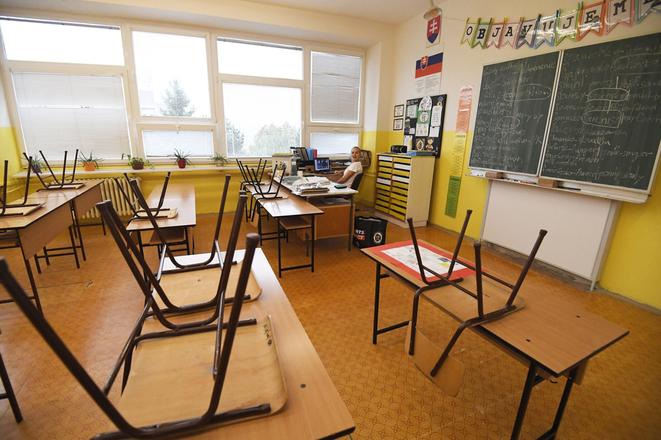The Prešov District Court ruled that the Education Ministry discriminated against a six-year-old Roma girl with its decision during the Covid-19 pandemic, when she was not provided with the same access to education as other children due to her social and ethnic origin and property. The ruling is not valid.
The girl lived with her grandparents in the village of Jarovnice, eastern Slovakia, when her school closed for the first time during the pandemic. However, due to a low joint income of €230, they could not provide her with a computer or Internet.
In her decision, judge Dominika Vitteková explains that she does not question the measures the state used to protect lives and health during the pandemic. However, according to her, no further steps were taken to ensure equal access to education for students with a poor background.
The ministry is to pay €3,000 to the family as compensation.
"This is the first judgment in Slovakia that cites disadvantages in access to technology and the Internet for some groups of people," says the girl's legal representative, Vanda Durbáková. She adds that this is a systemic problem and that the state must understand that there are groups of people who do not have access to technology before introducing changes that require their use.
According to the Institute of Educational Policy, as many as 52,000 children were not involved in remote education during the first wave of the pandemic. More than 120,000 children did not have online lessons and teachers brought them papers with assignments. The children in Roma settlements often could not even fill them out without the help of teachers.
When it comes to Jarovnice, school assistants brought paper worksheets to the homes of the Roma children in the village once a week. However, according to the court, no one graded them.
Based on the ruling, the ministry rejected the discrimination of the student, whether direct or indirect, claiming that the constitutional right of students to education was preserved through remote education, not the other way around. The ministry also claimed that it did not take the measures on its own, but based on the decisions of the government or the central crisis staff.


